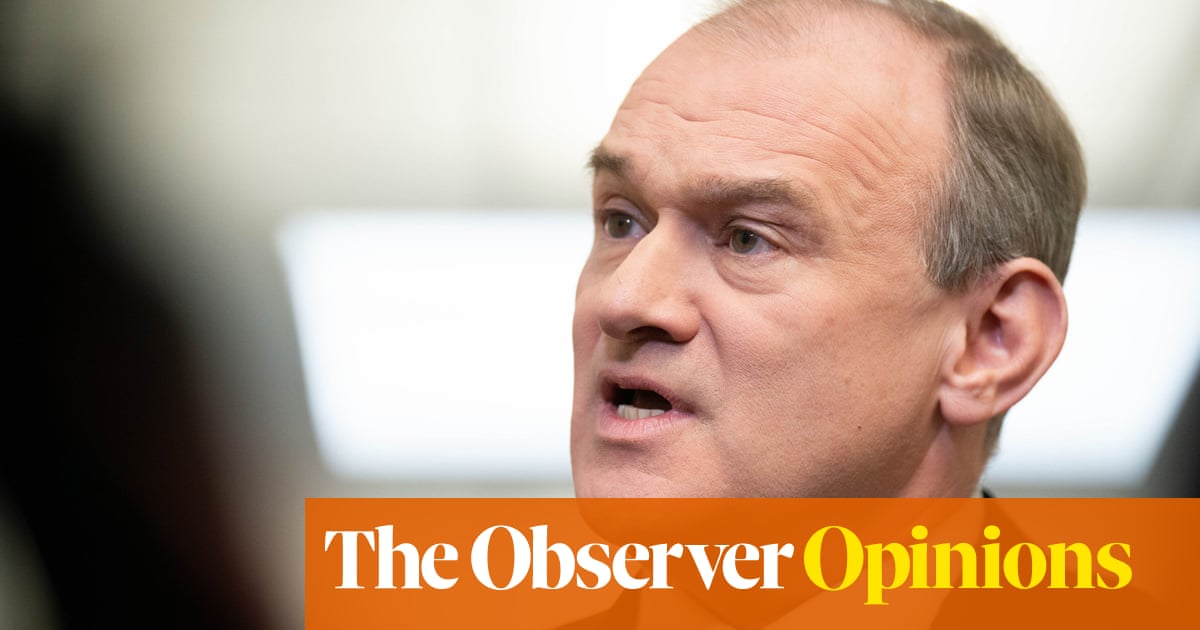
Pressure is growing on Boris Johnson to explain how he funded renovations to his Downing Street flat, after it was suggested he had not declared a significant loan from the Conservative party thought to have been funded by a donor.
It is one of several claims of impropriety the prime minister is facing, as he grapples with trying to brush off investigations and preventing Labour’s “sleaze” label sticking before local elections next month.
What are the claims?
The issue of Johnson’s flat redecoration first surfaced in early March. It is not uncommon for prime ministers to do up the residence they inhabit in No 11 given they have different tastes and styles from their predecessor, so the fact that some money has been spent doing so would have raised few eyebrows.
What initially drew people’s attention were reports in the Daily Mail that the makeover had cost £200,000 – way over the £30,000 cap of taxpayers’ money premiers can claim – and that a Tory peer and party donor, Lord Brownlow of Shurlock Row, was funding at least part of the excess.
It was also revealed that Johnson had been investigating setting up a charitable trust – chaired by Brownlow – to fund future renovations to the Downing Street estate.
Johnson’s spokespeople were initially peculiarly coy about the claims, only denying any wrongdoing but not the specific reports and telling journalists to wait for the Cabinet Office annual spending report. Then they insisted categorically that no CCHQ funds had been used to pay for the renovations, a claim they still stand by.
Adding to the murkiness were two facts. First, that no one has been appointed to become the government’s independent adviser on ministerial standards, following the resignation of the last holder of that office, Alex Allen, after Johnson overruled his finding that the home secretary, Priti Patel, breached the ministerial code by bullying staff. Second, that the register of ministers’ interests was being held back. It is meant to be be published twice a year but was last released in July 2020.
Those points prompted suggestions the government had something to hide, but it wasn’t until Dominic Cummings – Johnson’s former top adviser and close confidant – reignited the issue that interest grew again.
In a blog post hitting back at “No 10 sources” who had briefed friendly newspapers that Cummings was a serial leaker, the former aide claimed last week that the renovation plan the prime minister had told him about was “unethical, foolish, possibly illegal and almost certainly broke the rules on proper disclosure of political donations”.
What rules may Johnson have broken?
There are strict specifications about donations that both Downing Street and the Conservatives insist they have stuck to.
On Sunday, Labour’s lawyers wrote to the Electoral Commission, which among other things keeps an eye on party donations and spending. The solicitors said a formal investigation should be opened into “potential offences” under the Political Parties Elections & Referendums Act 2000. This requires donations of over £7,500 to be reported to the commission every three months. The commission has said it is in “discussions” with the Conservative party as it “works to establish” whether there has been any wrongdoing.
The other rules Johnson is bound by are found in the ministerial code, which say that ministers “must ensure that no conflict arises, or could reasonably be perceived to arise, between their public duties and their private interests, financial or otherwise”.
No date has been set yet for when the Cabinet Office will publish its annual accounts, or the register of ministers’ interests. When those are released, it will be easier to tell who declared what, and when.
Who is Brownlow, the Tory donor at the centre of this?
A relatively new addition to the House of Lords, he was given a peerage by the former prime minister Theresa May in 2019 following his service as vice-chair of the Conservative party.
He is director of Huntswood, a consultancy firm focused on governance, risk and compliance. In 2017, The Sunday Times Rich List estimated his fortune at £215m.
A leaked email sent by Brownlow to Conservative co-chairman Ben Elliot in October, and revealed by the Daily Mail earlier this month, shows he donated £15,000 for general Conservative party funds, and a further £58,000 “to cover the payments the party has already made” on behalf of the Downing Street trust “of which I have been chairman”.
Electoral Commission records show Brownlow made eight donations totalling £14,950 in 2020 – but none of the substantially bigger sum referred to in the leaked email.
What action could the PM face?
The cabinet secretary, Simon Case, has been brought in to review the whole issue of flat renovation funding, a process he promised would take “a matter of weeks”.
Dr Hannah White, a deputy director of the Institute for Government, said it “seems doubtful” Johnson would be found to have contravened the act because it concerns donations and loans relevant to carrying out political campaigning, and “excludes ministerial activity”. But she added the requirements under the ministerial code mean that a party donating or loaning money to its leader “surely could” create “an actual or perceived conflict of interest”.
Even if Johnson is found to have broken the ministerial code, several problems arise: First that Johnson himself is the arbiter of the ministerial code and second that no independent adviser on ministerial interests has been appointed, despite Downing Street’s assurance for weeks that the role would be filled “soon”.
But, at the heart of the various rows engulfing the government – the leaks, the flat funding and lobbying – is concern that the checks and balances currently in place are either not sufficient enough or the bodies meant to enforce them are not adequately independent, nor do they have enough powers to hand down meaningful punishment.
Even if Cummings’ claims that Johnson’s actions were illegal or broke the rules on disclosing donations are not borne out, concerns will linger about his other claims that the action was unethical and foolish. That is much harder to police and take action against in Whitehall.











